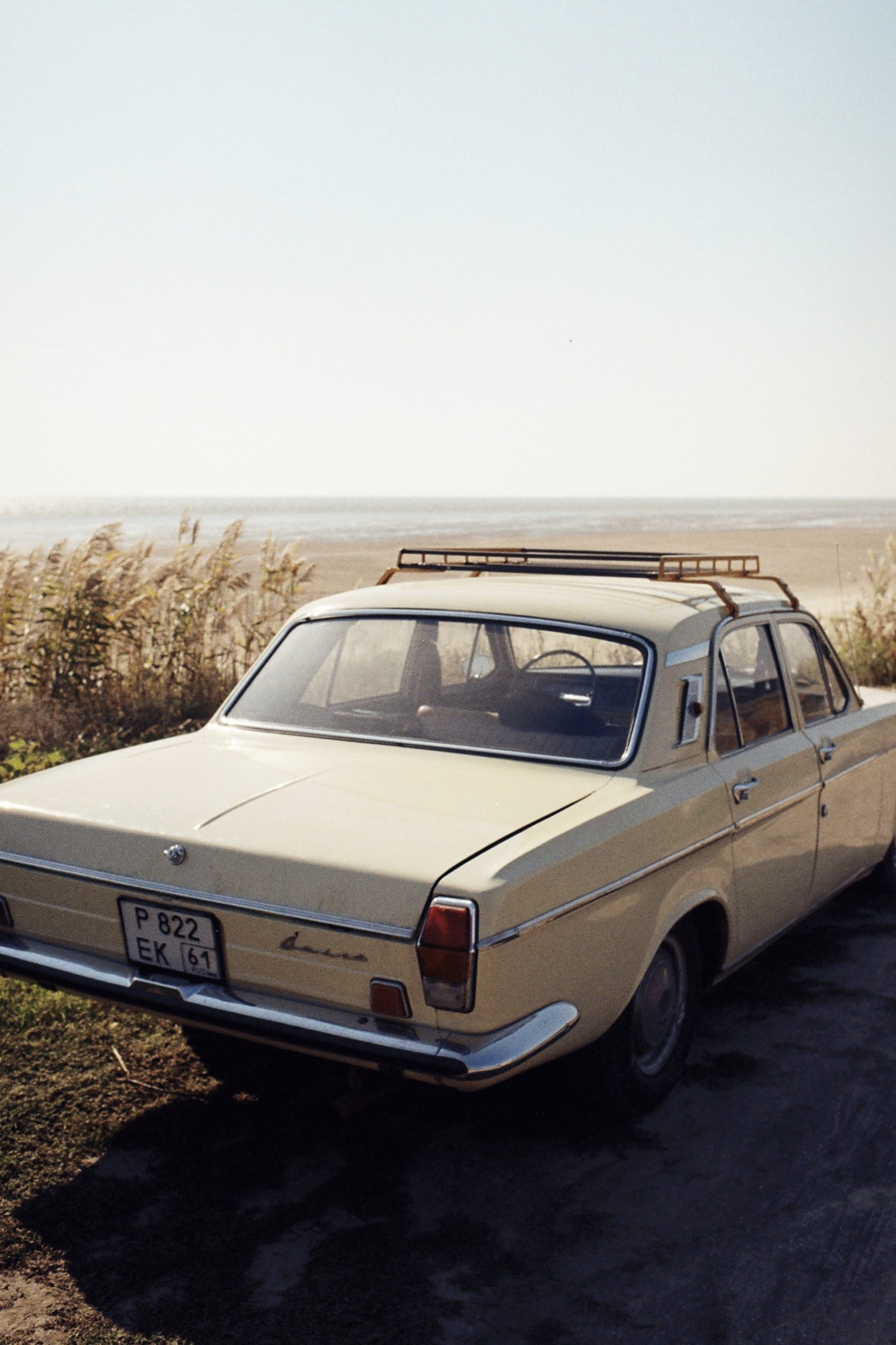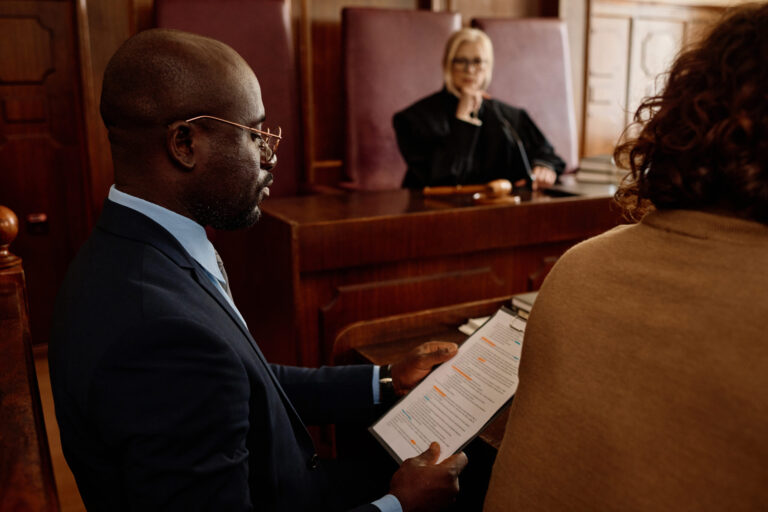How to Buy the Perfect Salvage Car
If you’re trying to save as much money as possible on a used car purchase, you won’t get much cheaper than the cars you can find in a salvage car auction. Of course, many people would argue that hearing the word “salvage” is all the reason you need to start looking elsewhere, and this sentiment is often true. Even after a salvage car is rebuilt, it retains a salvage title, which will instantly lower the car's value by 20-40%. Risks go beyond the resale value as well as there could be issues with safety, fraud, or insurance.
Still, a salvage car isn’t always a bad purchase. Savvy buyers may be able to find great deals by following safe buying practices. There’s always a chance you could find a salvage car that hasn’t been in a major accident, or you could at least find a great source for parts.
How Do Cars Get Salvage Titles?
Cars get salvage titles when they’re considered a “total loss,” meaning the costs to repair the car are greater than the car’s actual value. Collisions are the most common reasons for this, and a car will be considered totaled if it’s unsafe to repair or if the repairs exceed its value. With older car models, damage doesn’t have to be extended for the car to be considered totaled, so it’s possible to find salvage cars in decent condition.
Floods and other natural events can also result in a salvage title. This is one of the biggest risks involved in buying salvage cars, as water damage can be hard to spot after time has passed. Any totaled car must be rebuilt and earn a salvage title before it can be used on the road again. Despite the risks, there are some ways you can improve your odds of finding a good salvage deal.
Find an Honest Dealer
You shouldn’t trust just anyone to sell you a salvage car. You need to do your research ahead of time. Safety issues and dealer fraud are the biggest dangers involved in buying salvage cars. Fraud can include things like willingly misleading the buyer, failing to provide information about the car, or tampering with the vehicle. It’s possible that corners were cut during repairs, which could make the car dangerous.
You need to look for a dealer with a good reputation who has been selling salvage vehicles for a few years. A good dealer should have no problem showing you pictures of the car before it was rebuilt, so you’ll know exactly what you’re dealing with. They should also be fine with you looking up a vehicle history report. While you’re at it, you could use www.golookup.com to investigate the dealer. If they’ve been convicted of fraud in the past, you should be able to find out.
Get the Car Inspected
As with buying any used car, you need to do everything in your power to ensure it’s a good deal before you drive off the lot. This includes getting a mechanic with automotive and diesel certifications to inspect the vehicle. A reputable dealer should have no issue with this, and it lets you verify that the car is in working order and that its parts are from where the dealer says they are.
Confirm You Can Get Insurance
Once you’ve found a car you’re satisfied with, you’ll need to make sure you can insure it. Most car insurance companies will offer liability coverage on rebuilt cars, but you need to be sure you can get it for your specific vehicle. Many companies will be reluctant to offer additional insurance on a rebuilt car simply because it’s hard to assess it’s true condition.







